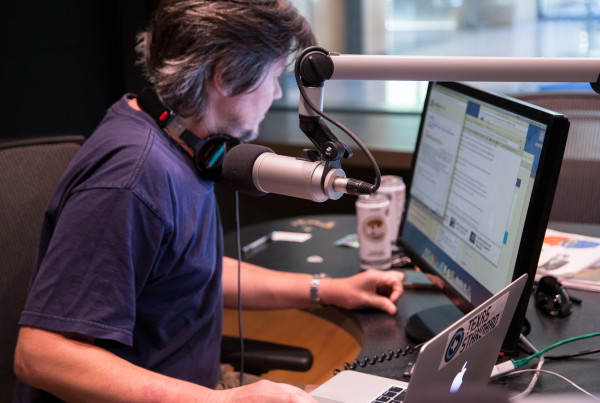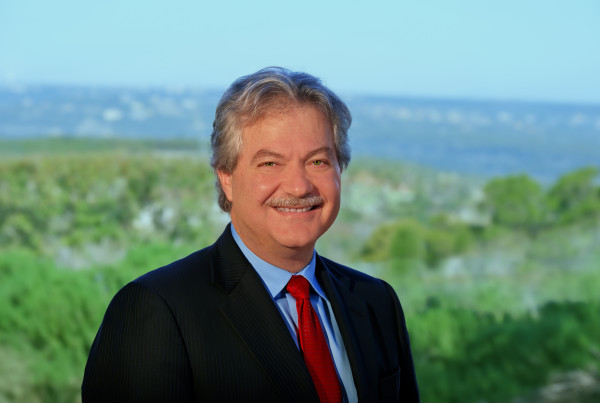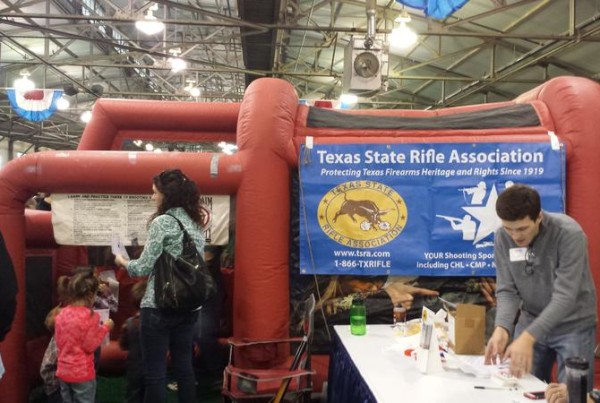The sixth round of negotiations on NAFTA, the North American Free Trade Agreement is underway this week in Montreal. Farmers from Texas who export to Mexico are in Montreal, appealing for a continued trade agreement.
Canada and Mexico made news as the talks opened by striking separate trade deals with a host of Asian nations. President Donald Trump says the NAFTA talks are going “pretty well,” but he also restated that he’ll withdraw from NAFTA if not enough progress is made.
Will he or won’t he pull the U.S. out of NAFTA? That’s the question about Trump that negotiators from Canada and Mexico are asking their U.S. counterparts in Montreal. Rona Ambrose, a member of the Canadian government’s NAFTA Advisory Council told Canada’s CTV it’s not a matter of if, but when.
“And right now there is just a complete lack of flexibility on the American side. It’s basically their way or the highway,” Ambrose said.
The U.S. also wants a new rule mandating that cars shipped duty-free from one NAFTA nation to another contain 50 percent U.S.-made components. That’s a non-starter says Falvio Volpe, president of the Automobile Parts Manufacturers Association. He blames the American side for being inflexible on a rule that would radically reconfigure the auto industry. “There’s no movement. So that’s not, that’s not, creative.”
The Texas Farm Bureau and the U.S. Grains Council are here, urging caution before dismantling NAFTA. Birgit Matthiesen is also here. She runs the cross-border practice at a large Washington D.C. law firm and she represents clients in the three NAFTA nations. “The ground has shifted for many manufacturers.”
She says doubts about NAFTA’s fate aren’t good for business.
“The negotiations need to come to a conclusion soon because companies in North America cannot make long term plans in an era of uncertainty,” she says.
Canada and Mexico are not sitting still while the face-off over NAFTA continues. As talks began in Montreal, Canada and Mexico joined nine other countries in reviving TPP, the Trans-Pacific Partnership, a free trade agreement with 11 countries in the Pacific Rim that was the central point of the free trade debate in the U.S. presidential election. Withdrawing the U.S. from that deal was one of Trump’s first acts in office. The message now? Other countries will leverage free trade with, or without, the U.S.
Hassan Yussuff heads the Canadian Labor Congress, Canada’s largest labor movement. He represents more than three million workers. Yussuff told the CBC that NAFTA uncertainty cuts both ways.
“Given the degree of trade we do with the United States, it’s not just U.S. having access to their market. It’s also about them having access to our market,” he said. “So the uncertainty, while we’re obviously going to be worried, I think the Americans should not take U.S. for granted.”
At a reception held for manufacturers at the talks, Oscar Albin said he hopes the countries don’t kill NAFTA, but will update it. Albin represents 88 Mexican auto companies employing 600,000 people.
“This administration is not going to be forever. Trade is going to be for the next 40 years. So we want to create a boat where the United States is on board,” Albin says.
There are no talks scheduled beyond March. Absent an agreement, Trump will have three choices: start the process of cancelling NAFTA as he’s threatened to do, keep negotiating, or hold off for a few months as Mexico elects a new president in July and the U.S. prepares for midterm elections in November.

















